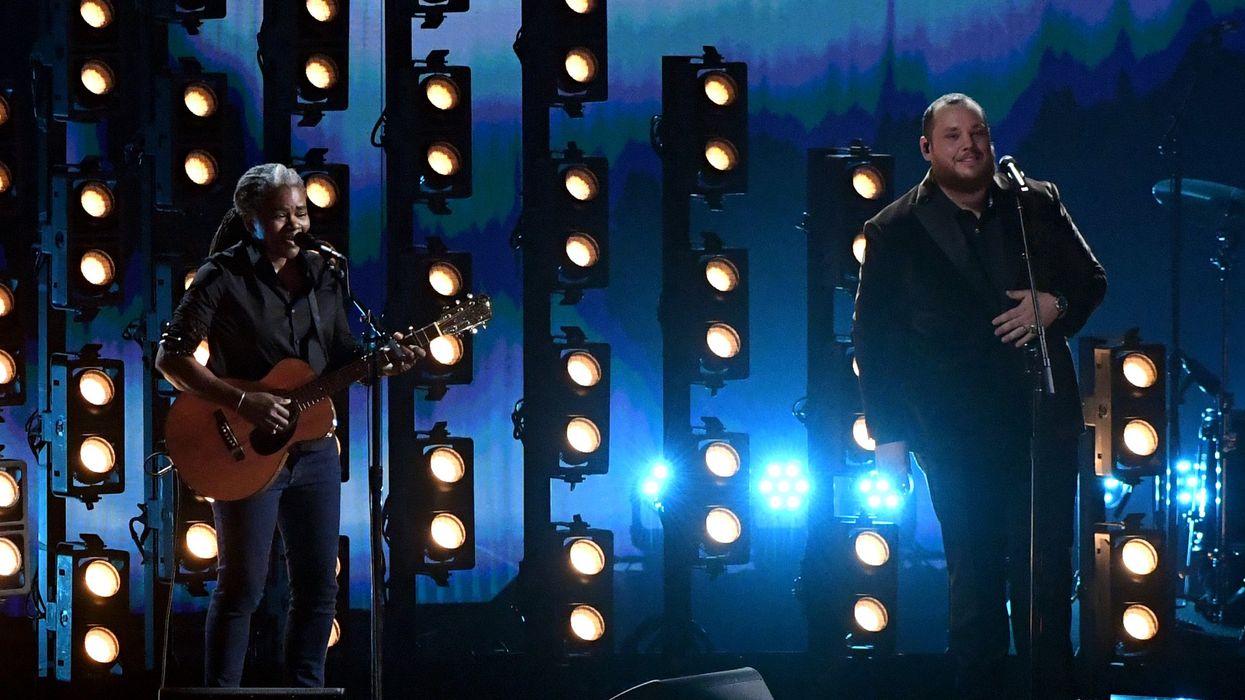Nevins is co-publisher of The Fulcrum and co-founder and board chairman of the Bridge Alliance Education Fund.
In November, I wrote a piece for The Fulcrum about Luke Combs and the healing power of his music.
At the time I was watching the 2023 Country Music Awards and was struck by a song near the end of the ceremony, “Love Can Build a Bridge” – recorded by The Judds and released in 1990.
Yet the lyrics are as powerful today as they were when they were written over 30 years ago. As I listened to the lyrics, I thought that it must be a song about bridging the divide that is separating our nation.
Love can build a bridge
Between your heart and mine
Love can build a bridge
Don't you think it's time?
Don't you think it's time?
I would whisper love so loudly
Every heart could understand
That love and only love
Can join the tribes of man
I would give my heart's desire
So that you might see
The first step is to realize
That it all begins with you and me
But I was wrong. I was quite surprised to discover the song, co-written by Naomi Judd, was dedicated to her family and fans as a goodbye – she was chronically ill with hepatitis C and forced to retire. While the song was not at all political, its message about the importance of always standing together is a lesson that our nation surely must learn.
The Country Music Awards audience was obviously moved as Jelly Roll and K. Michelle sang with power and obvious emotion, and I couldn’t help but think that country music could serve as a powerful force to bridge our divides.
And then on Feb. 4 I was struck once again by the healing power of Combs’ music. The 33-year-old white country singer joined Tracy Chapman, a 59-year-old gay and Black artist, at the Grammy Awards to sing “Fast Car,” her 1988 hit that won song of the year and returned to the top of the charts when Combs released his version last year.
Enjoy their “Fast Car” duet:
Tracy Chapman and Luke Combs Duetwww.youtube.com
Also enjoy Combs’ “The Great Divide”:
Luke Combs, Billy Strings - The Great Divide (Lyric Video)www.youtube.com




















Trump & Hegseth gave Mark Kelly a huge 2028 gift